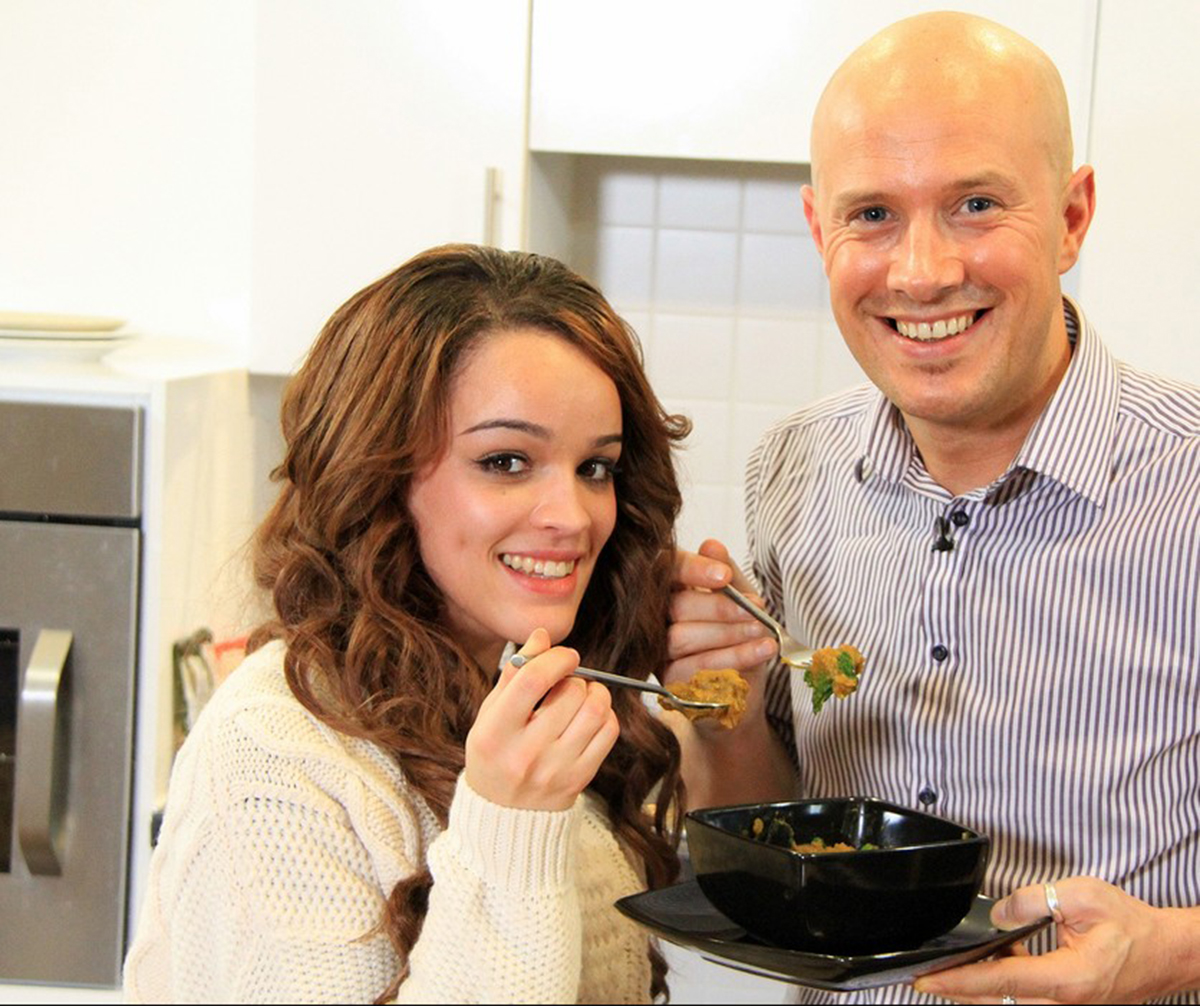Table of Contents
Banish Nutritional Deficiencies And Eat A Healthy Diet
Think you eat well and are definitely healthy? Think again. Nutritional deficiencies impact your fertility as well as your chances of enjoying a healthy pregnancy, and the preconception period is a much better time to find out that you have one or more than early pregnancy is. The potential for nutritional deficiencies is an excellent reason to see your family doctor for a preconception checkup. Get your blood and urine tested. You might have something "scary", like a sexually transmitted disease or blood sugar issues that indicate you are prediabetic. If so, you'll want to do something about those too and you'll be happy you found out before you got pregnant.

Talk to your doctor about the best diet for people who are trying to conceive. Yes, men too. They need plenty of zinc to optimize their fertility, for instance. Ask if you should be taking a nutritional supplement, and if so which one. And don't forget to take 400 mg of folic acid (or more if your doctor says so) for three months before you actually try to conceive. Those folic acid stores take a while to build up, and they play a key role in preventing neural tube defects like spina bifida for your future baby.
Oh, yes, don't fall into the trap that taking a supplement covers you. Eating a healthy diet is still the best way to get the nutrients you need.
Keep Your Weight In Check
Being at a healthy weight — which means a Body Mass Index of between 18.5 and 24.9 — optimizes your chances of success. With all this talk about the obesity epidemic, your thoughts are definitely wandering to overweight women. Being overweight or obese isn't good for your chances of conceiving and can also lead to pregnancy complications, including gestational diabetes. Yet being underweight is even worse.
A BMI below 19 seriously impacts a woman's chances of seeing a positive pregnancy test, so talk to your doctor about healthy ways to increase your weight. Don't try to self-medicate with fast food. Your doctor will be able to help you create a tailor-made diet that should get your BMI up. The same goes for women in the overweight or obese category. Losing weight should be done responsibly, through a combination of exercise and healthy eating habits.
Don't Neglect Male Fertility
You may have heard that tight undies and riding bikes all the time fry (or should that be squash?) a man's sperm. More recent studies indicate that keeping the testicles free to hang is not actually terribly important to a man's fertility. However, loose cotton boxers are not going to harm you either (unless the female partner thinks they're a sex killer, in which case conception won't happen).
Sperm production is harmed by things like smoking or drinking too much, and helped along by things like making sure you get enough vitamin A, C, D, E, B12 and zinc, selenium and folic acid.
You may also have heard that having sex every day decreases a man's sperm count. There is some truth to this, but storing things up by doing the deed only sporadically decreases motility, or movement of male gametes. Science says having sex every single day is just fine for fertility, but you won't do so badly if you "only" manage it every two or three days either. Just don't go longer than five days, or you will be harming the quality of those swimmers. And doing it more than once a day is not going to help either. Sperm production takes a while, and you'll just be getting "two for the price of one" in fertility terms.
Avoid Excessive Stress
Chronic stress can impact fertility by disrupting hormonal balance and ovulation patterns, potentially delaying conception. Elevated stress hormones like cortisol might interfere with the body's ability to conceive. Furthermore, stress can lead to lifestyle habits, such as poor sleep or unhealthy eating, which further impact fertility.
For those trying to conceive, it's essential to manage and reduce stress levels. Engaging in relaxation techniques, such as meditation, deep breathing exercises, or yoga, can be beneficial. Creating a supportive environment, maintaining open communication with your partner, and possibly seeking counseling can assist in alleviating stress during the conception journey.
Quit Doing The Bad Stuff: No Drinking, Smoking And Drugs
Smoking decreases egg quality, harms the lining of the uterus, and definitely doesn't do a growing embryo any good. It also affects sperm production in men. Do you want to get pregnant soon and have a healthy baby? Quitting smoking before you start trying to conceive is basically inevitable.
Even moderate amounts of alcohol have the potential to cause serious birth defects in babies — think Fetal Alcohol Syndrome.
See Also: Advice on trying to conceive!
Any woman who wants to get pregnant should stay off the booze because there is nearly always the potential that she is pregnant. More than that, though, studies show that having two or more drinks a day seriously messes with your fertility.
We're not even going to talk about illegal drugs which are, well, illegal and cause all kinds of problems besides a decreased fertility. If you do struggle with any of these things, your family doctor is a very good place to start looking for help with stopping smoking, drinking, or a drug habit.
- Photo courtesy of Tela Chhe by Flickr : www.flickr.com/photos/telachhe/4642200108
- Photo courtesy of The home of Fixers on Flickr by Flickr : www.flickr.com/photos/fixersuk/10346227173


Your thoughts on this